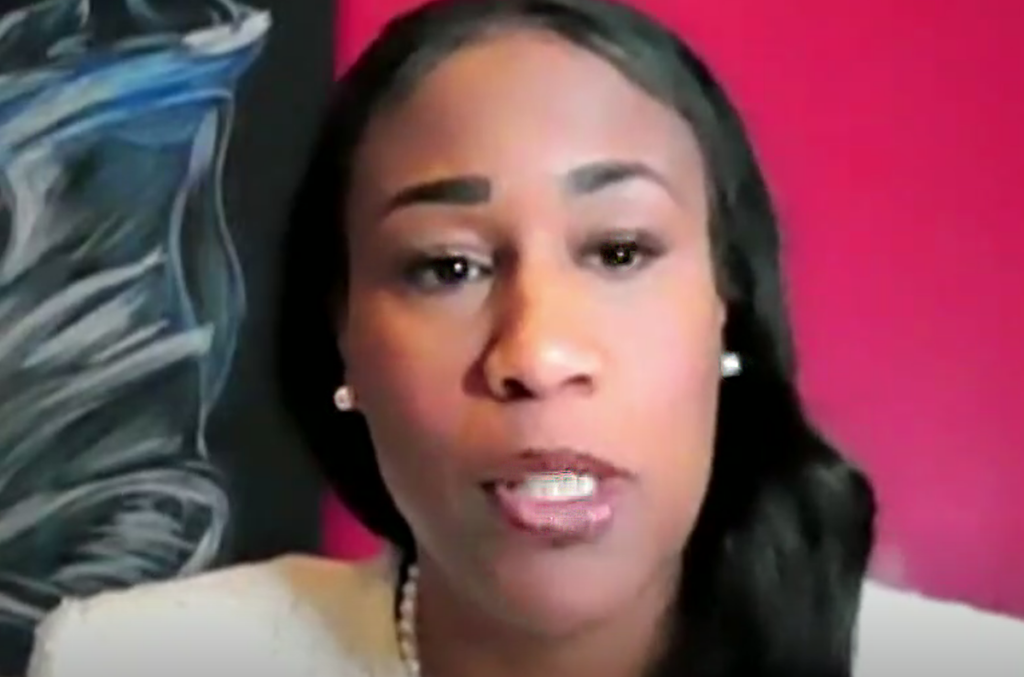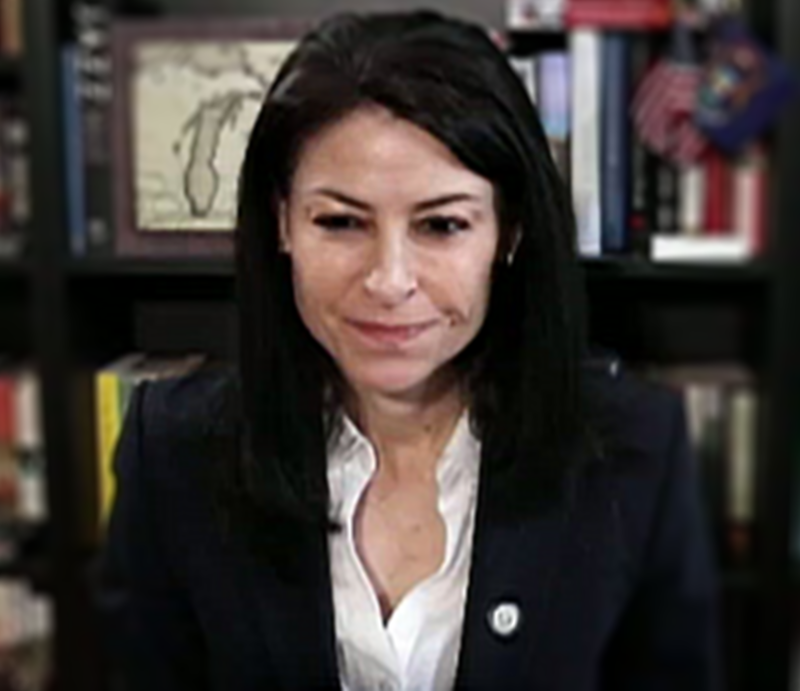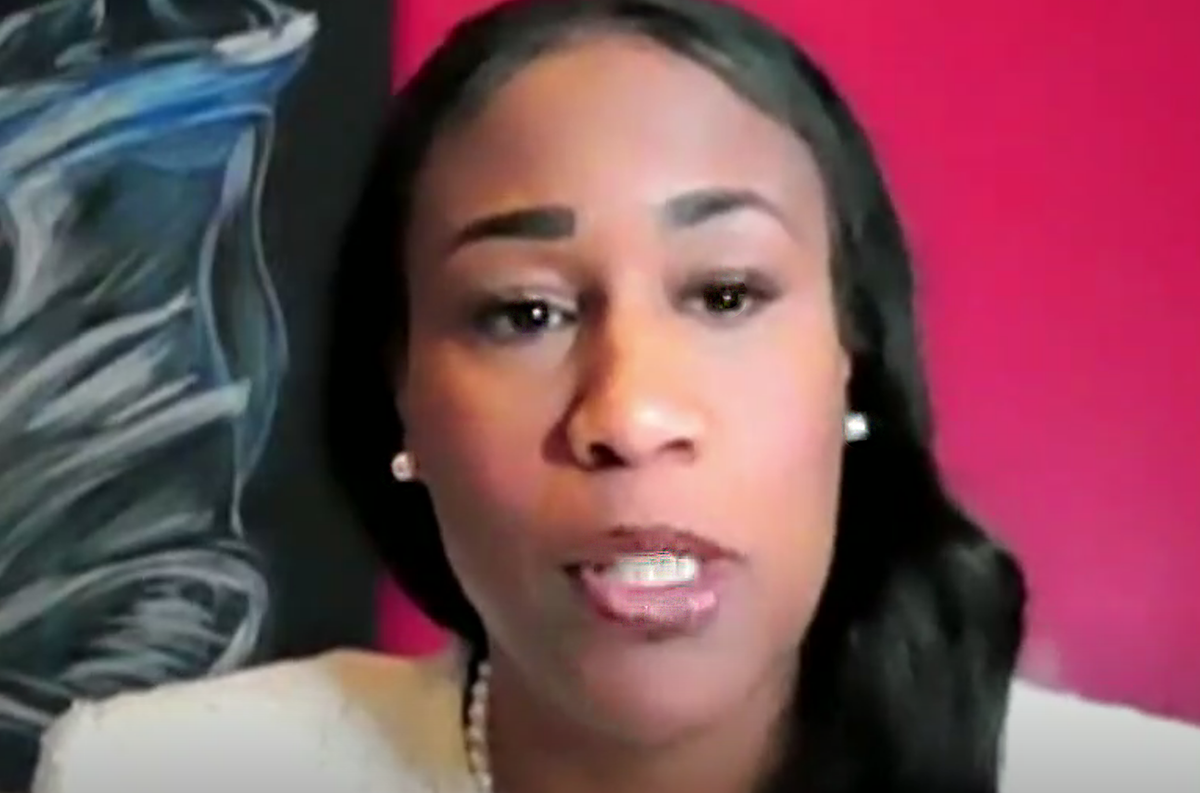2020 was a phenomenal year for criminal justice reform in Michigan, with everything from Clean Slate to the jails task force bills making their way into law. Amid all those victories, however, was one bitter disappointment: drunk driving expungement.
In a promising development, however, it appears there may yet be hope for people hoping for a chance to expunge a drunk driving offense.
In the waning weeks of 2020, Rep. Beau LaFave (R-Iron Mountain) and Sen. Ed McBroom (R-Waucedah Township) authored bills that would have allowed for the expungement of a first-time driving under the influence offense. The bills were limited to incidents that didn’t involve serious injury or death, and wouldn’t allow for the expungement of subsequent convictions of drunk driving. In a hurried and unusual Lame Duck session cut short by one week due to a COVID-19 outbreak in the Capitol, these bills managed to secure widespread bipartisan support.
Nevertheless, Gov. Gretchen Whitmer didn’t sign them into law. While she agreed to enact every other criminal justice provision, she used a pocket veto to keep this one from becoming a reality and offering relief to countless Michiganders — likely hundreds of thousands. What’s more, she didn’t comment on why she wouldn’t sign the bills, leaving lawmakers in the dark about what her objection might be.
Her veto came as a disappointment to many around the state. Several people contacted Safe & Just Michigan, either through social media or by email, to let their frustration and hurt be known. We understand — it’s painful to get your hopes up so high only to see them dashed at the last moment.
Fortunately, legislators aren’t ready to give up. As soon as legislators got back to work in 2021, Rep. Tenisha Yancey (D-Detroit) and Rep. Joseph Bellino (R-Monroe) re-introduced House Bills 4219 and 4220, respectively — legislation to expunge a first-offense DUI. As introduced, these bills are essentially copies of the bills introduced last year, but this time, they are introduced by a bipartisan team — a feature that could make a difference in winning the governor’s support.

State Rep. Tenisha Yancey (D-Detroit) tells the House Judiciary Committee why she supports first-offense DUI expungement even though she lost her father to a drunk driver on Feb. 16, 2021.
The bills have already had a hearing and a vote in the House Judiciary Committee and are on their way to the floor of the House for a full vote of the chamber.
During the committee hearing, Rep. Yancey told her colleagues that she lost her own father to a drunk driver. Nevertheless, she supports giving people an opportunity to expunge a one-time DUI. In her moving testimony, she pointed out that these bills don’t allow for the expungement of an offense like the one that took her father’s life, but give people a chance to start over after making a mistake that didn’t hurt anyone.
The bills also got a boost from Michigan Attorney General Dana Nessel, who supported the proposal via Zoom. She said she wasn’t sure why the governor vetoed the bills last year, but she would work with the governor’s office this time to see that they are signed into law. During her testimony, she shared examples from her work as an attorney of people whose lives were forever changed — not by drunk driving itself, but by the punitive nature of our criminal justice system.

Michigan Attorney General Dana Nessel testifies in favor of bills allowing for first-offense DUI expungement on Feb. 16, 2021.
Not everyone in committee was in support, however. Rep. Mike Mueller (R-Linden) — voiced reservations to the plan. He said he didn’t see a need for the bills because he believed expansion of the Youthful Trainee Act to age 25 should solve the problem. Others pointed out that traffic offenses aren’t eligible for Youthful Trainee status — not to mention that anyone older than 25 wouldn’t be eligible, anyway.
Safe & Just Michigan voiced support of these bills during committee hearings. We will keep you posted on their progress through the Legislature this session.
(NOTE: This post previously stated that convictions of driving while “superdrunk,” or with a BAC of greater than 0.17 or greater, would be excluded from expungement. This was an error. As the bill passed out of the House Judiciary Committee and cleared the House by a floor vote, superdrunk DUI convictions are not excluded from these bills.)

